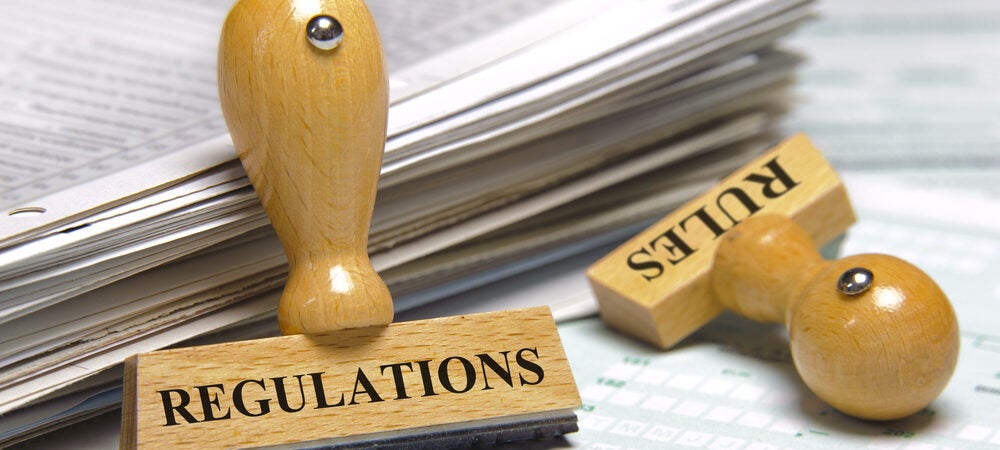Trade in the 21st century may face lower tariffs, but regulations that affect international trade in goods and services have proliferated. While regulations are important for many public policy objectives, different and complex non-tariff measures can become unnecessarily costly trade barriers for the millions of companies engaged in international trade. Trade policy can play a crucial role in reducing these unnecessary costs, without impairing the ability of regulatory authorities to carry out their public policy responsibilities. Mutual recognition agreements (MRAs) are a concrete trade policy instrument, specifically designed to achieve this dual objective. This paper revisits the arguments in favour of upgrading the existing EU MRAs to cover 21st century regulatory aspects impacting trade flows, offering empirical evidence on the positive difference MRAs have both on the value of exports and on increasing the number of exporting firms and their product portfolio towards new export destinations. The paper also summarises the results of a recent EU firm-level survey on the importance of MRAs for export performance. The results of the EU business surveys confirm the need for a renewed attention to MRAs, in particular with regard to emerging regulatory issues.
1. THE IMPORTANCE OF REGULATORY COOPERATION FOR TRADE FACILITATION
International trade is present in everyone’s life. Our daily routine depends on complex trade flows and production processes scattered across multiple countries, even if this hardly gets noticed by the final consumers. Trade flows have evolved over time and are becoming increasingly intricate, with countless parts and components crossing multiple borders at different stages of production along global supply chains before reaching the final consumer. While trade flows today may face lower tariffs, non-tariff rules and regulations that affect international trade in goods and services have proliferated. These non-tariff measures (NTMs) can play an important role in addressing public policy objectives, such as consumer safety or environmental protection. Companies and products engaged in complex global supply chains need to comply with a whole range of administrative and technical requirements, including testing and certification obligations that may differ from one country to another. At times, such different and complex non-tariff measures can become unnecessarily costly trade barriers for the millions of companies engaged in international trade.
These unnecessary regulatory costs matter both for exporters and end consumers. EU exporters offered clear examples of such barriers, as part of a pan-European business survey (European Commission and UNITC, 2016). For instance, an Italian company exporting lamps and lighting indicated that they need a certificate of conformity for their products that can only be issued from a third country, leading to additional shipping and testing costs, plus delays of several weeks before being able to export their products. A Greek exporter of frozen yoghourt indicated that, for certain destinations, their products must obtain a halal certificate. Due to the lack of an accredited certifying authority in Greece, the producer has to use the services of an accredited body abroad, leading to additional costs of €60,000 per year. Quite often, producers are required to obtain certification by a specific accredited entity in the importing country. To complete the certification, producers and exporters are required to ship samples of their products for inspection and hire local intermediaries to facilitate the certification process. A Lithuanian exporter of metallic products estimated that the costs associated with such procedures can be up to 33% of the value of the exported product.
The difficulties faced by EU exporters abroad are related to the different conformity assessment procedures applicable to products, across different jurisdictions. According to the International Standards Organisation (ISO), conformity assessment is described as 3 ecipe policy brief — 10/2022 “different techniques that ensure a product, process, service, management system, person or organisation fulfils specified requirements”.
ECI_22_PolicyBrief_RegCo_10_2022_LY04Lucian Cernat is the Head of Global Regulatory Cooperation and International Procurement Negotiation at the European Commission.
To read the full policy brief, please click here.

